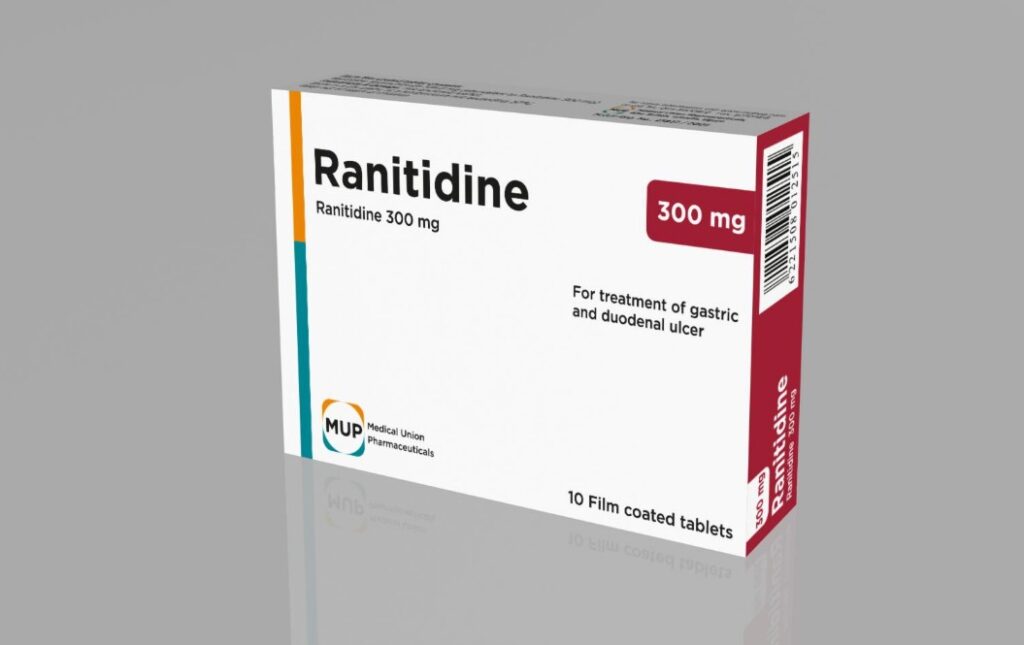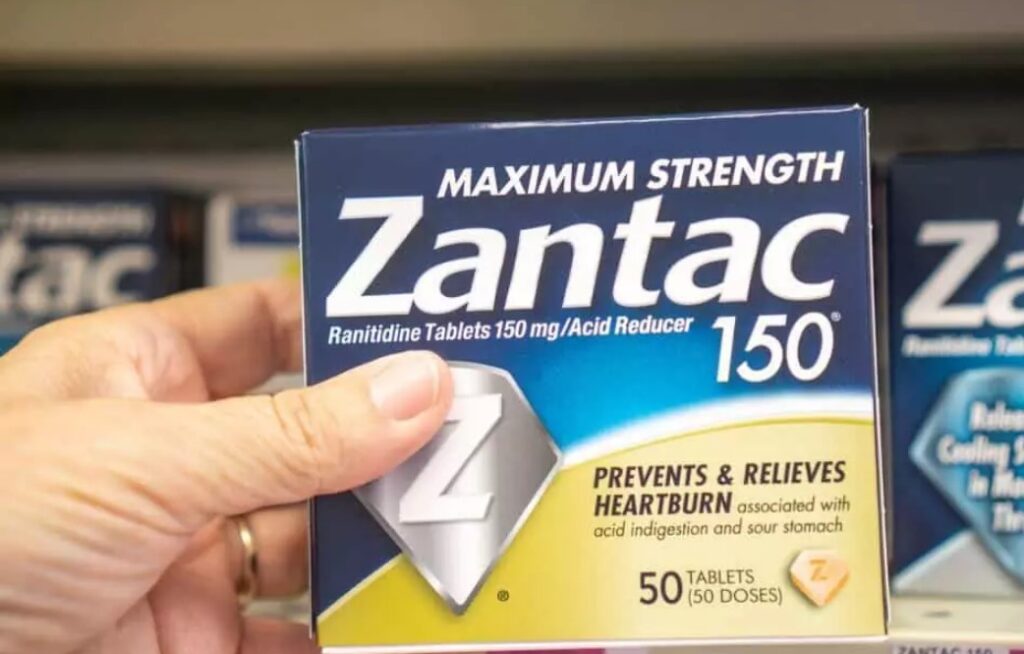
Zantac lawsuit is a legal dispute between the plaintiffs and Zantac. The plaintiffs are suing Zantac because they believe that their acid reflux issues have been caused by taking the medication, leading to medical problems.
This blog post will discuss what you need to know about this case, including what the plaintiffs are seeking in damages from Zantac and how a companies such as Shouse Law Group can help and more.
Reasons why Zantac Lawsuit are Being Filed?
The people that filed the Zantac lawsuit had developed cancer after using Zantac with Ranitidine. This was after the manufacturers issued Zantac and Ranitidine recalls because of their connection to cancer. The FDA discovered that Ranitidine (the active ingredient in Zantac) has N-Nitrosodimethylamine (‘NDMA’), a potential human carcinogen.
The FDA ordered the manufacturers to halt the sale of Zantac made of Ranitidine in the US in 2024 April since NDMA contamination can have a negative impact over time. Once the drugs stay on the shelf for a longer time, NDMA in Zantac increases.
What is Ranitidine?

Ranitidine, also known as Zantac, is a prescription drug used for treating certain stomach and esophagus problems. It works by decreasing the amount of acid your stomach produces. This medication belongs to a group of drugs called H-receptor antagonists, commonly prescribed for heartburn and GERD.
Ranitidine in Zantac lawsuits involves;
Lawsuits indicate that the design of Zantac is hazardous because of Ranitidine, Zantac’s active ingredient. The molecule is unstable. The manufacturers failed to warn the users about NDMA in Zantac.
Zantac’s manufacturer has violated consumer protection laws and state drug safety regulations by neglecting to provide any warning that Ranitidine presents a significant risk of cancer when taken long-term.
The manufacturers breached their duty owed to consumers by manufacturing and selling an unsafe product without disclosing its risks. The manufacturers failed to implement measures that could have reduced the risk of Ranitidine contamination, which resulted in increased cancer risk for Zantac users.
What are the Plaintiffs Seeking?

If you are involved with a ranitidine lawsuit or are interested in joining a lawsuit against Ranitidine’s manufacturer, it is important to know what the plaintiffs seek.
The Plaintiffs in Zantac Lawsuits will seek to recover compensatory damages, including;
-Medical expenses and costs (including future)
– Pain and suffering, and disability/loss of quality of life
– Loss of income or ability to work (past and future)
-Reduced earning capacity (past and future) – property damage (past and future)
The plaintiffs will also seek to recover punitive damages. Punitive damages are designed as punishment against defendants who engage in outrageous, wanton or malicious conduct.
The purpose of awarding punitive damages is to make sure the defendant pays for their actions by increasing financial penalties based on misconduct. This is meant to deter the defendants from engaging in similar conduct again.
What should Zantac Users Do?
People who have used Zantac for a prolonged period are encouraged to discuss their case with an attorney specialising in NDMA cases. Zantac users should seek legal help to recover compensation for their medical expenses and other losses that they incurred due to Zantac’s use.
Cancers Related to Zantac Lawsuits

People who used Zantac and later filed lawsuits had developed various types of cancers connected to Zantac and NDMA. These include;
- Liver cancer – This is the most common type of cancer connected to Zantac.
- Lymphoma – Lymphomas are cancers that develop in lymph nodes, which are part of your immune system.
- Kidney cancer – Kidneys filter waste from the blood and remove them through urine. Cancer develops when cells become abnormal and grow out of control.
- Bladder cancer – The bladder is part of the urinary system that stores and releases urine from your body through a tube called the urethra to the outside of the body.
- Ovarian – Ovaries are female reproductive glands where eggs develop before birth, during puberty, and throughout life until menopause occurs in women.
- Brain tumors – This includes any tumor that develops in the brain. These include cancers like glioblastoma multiforme, medulloblastoma and more.
- Esophageal cancer – Esophagus is a muscular tube that extends from the mouth to the stomach. During swallowing, food goes down into the esophagus and then it passes through to your stomach with the help of smooth muscles in its wall.
Cancerous tumors develop when cells lose their normal function due to genetic damage or mutations. The DNA inside cells controls how the cells function and grow. When DNA is damaged or mutated, it may prevent information from being passed on correctly to new cells as they form, which leads to abnormal cell growth that can cause tumors
- Breast Cancer – The breast is a gland in female mammals that produces milk for feeding babies.
- Stomach Cancer – The stomach is an organ where digestion begins, and food enters the body.
- Liver cancer – This includes any tumor that develops in the liver. Some types of tumors found here are HCC, hepatoblastoma, hepatoma and cholangiocarcinoma.
Other Health Complications Associated with Zantac Lawsuits
- Primary Pulmonary Hypertension – Primary pulmonary hypertension (PPH) is a condition where the arteries in your lungs gradually become narrowed and hard, making it difficult for blood to flow into them.
- Crohn’s disease – This is a long-term condition that causes inflammation of the digestive system. It has symptoms such as diarrhea, cramps, weight loss, and abdominal pains.
Who is Eligible for a Zantac Lawsuit?

You must be a user of Zantac and have suffered any injury as a result. You must prove that Ranitidine was the cause of your injuries. In order to do this, you need medical records from doctors who diagnosed you with cancer or other condition related directly to taking Zantac.
You will also need documents proving the amount of Ranitidine you were taking before getting ill. Finally, people diagnosed with any cancer as a result of using Zantac are encouraged to seek legal help from an experienced attorney.
Attorneys specializing in NDMA cases will review your case, determine if you qualify for joining a lawsuit against Ranitidine’s manufacturer, and help you receive compensation for your injuries.













